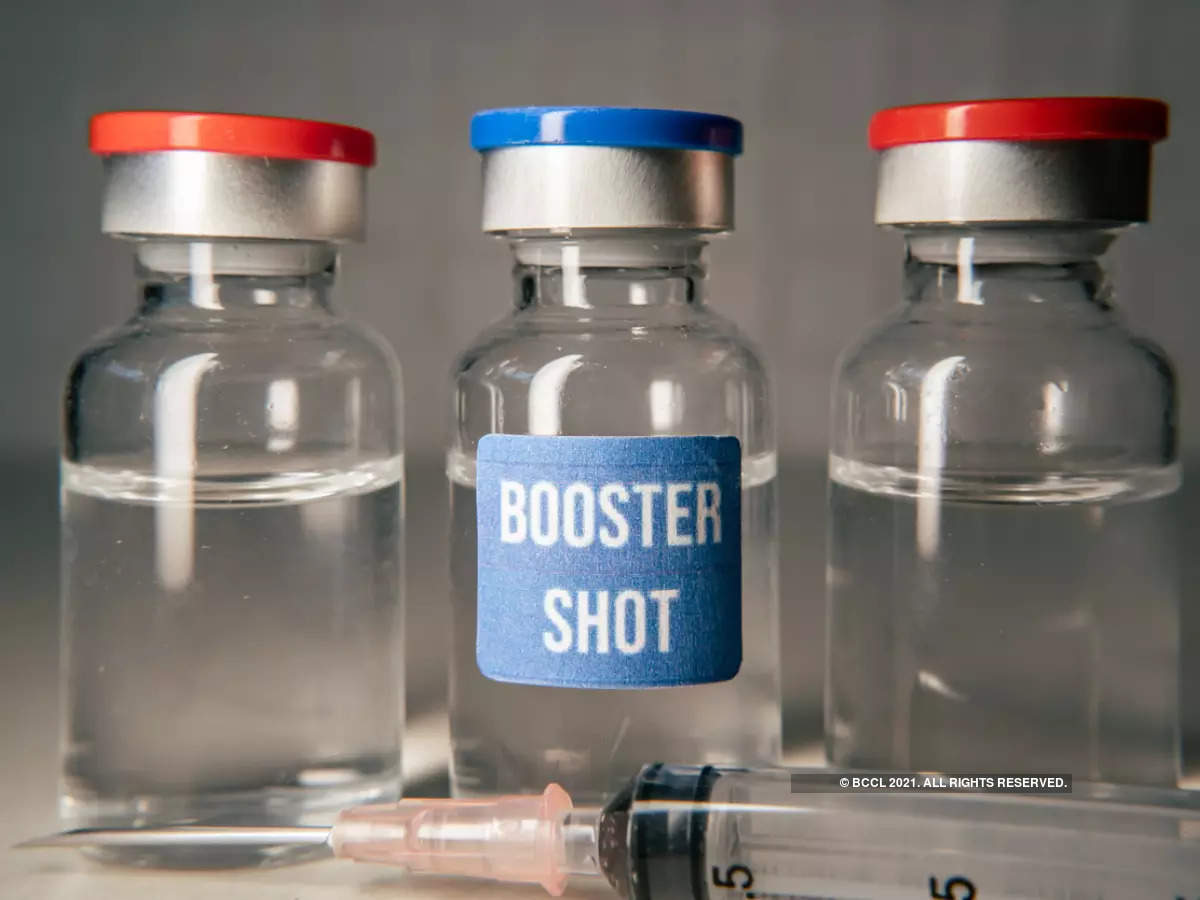Most said that India should wait before deciding to go for a booster dose.
New Delhi: Amidst the Covid-19 pandemic, the need for a booster dose is being talked about across the country. The threat has been accelerated by the new “variant of concern”, Omicron, with the Omicron tally crossing the 100-mark in the country. Many experts are still waiting to see how vaccines work against the new variant.
The Sunday Guardian spoke to several experts from the medical fraternity, who said that India should wait for a while before distributing a booster dose to the general public. Veteran virologist, Dr Amitabha Nandy said, “To understand the protective capacity of the vaccine, the subjects (persons) are needed to be exposed to Covid virus or must be infected by the virus. By taking such a risk of challenging experimentation, we can observe the efficacy of the vaccine against the new variant Omicron.”
He also explained how such difficult experimentation necessitates a significant time commitment to conclude the need for a public booster dose. “There are several issues to comprehend, several questions to answer. Therefore, at the moment, one cannot conclude whether India needs a booster dose or not. We are not conducting any experiments or research. In fact, it is long term experimentation, but we are now slightly efficient in controlling the infection since we, already, have experience with the pandemic. We are yet to see whether anything will give cross-protection against Covid-19,” he told this newspaper.
The need for a booster dose is being questioned when India is showing mild symptoms against the virus presently. Experts are persistently recommending the usage of masks against the pandemic. Dr Samiran Panda, Head of the Epidemiology and Infectious diseases division at the Indian Council of Medical Research (ICMR), told this correspondent, “While vaccination may not always prevent Covid-19, wearing a mask does. The immunity generated by vaccines helps to keep the infection from progressing to a more devastating stage. So, there are two things to keep in mind—vaccines may not prevent Covid-19, but they can assist to slow down symptoms to the advanced state.”
He also stated that before jumping to any conclusions, experts should be given more time to determine if India requires a booster dose or not. But it is necessary to be constantly mindful and follow Covid-19 protocols. Many vaccinated people with no record of travel history are diagnosed with the new variant. Study says that Omicron spreads 70 times faster than the Delta variant and the original strain of Covid-19. However, the severity of the infection is lower and most of the Omicron cases have a mild infection.
Dr Manoj Singh, consultant chest and critical care, Apollo Hospital, Ahmedabad, told this newspaper: “The vaccine’s efficacy is never guaranteed. As a result, delivering a booster dose will not provide 100% protection. Preparing a vaccine takes a long time, at least three to four years to ensure adequate coverage. We’re all in a situation where vaccines are administered to individuals and the effects of the doses are being studied.”
He further added, “Since Omicron is being studied, scientists may prepare a vaccine later that helps to fight the infection. We may have achieved cross-immunity, if not herd immunity.”
He also proposed that instead of waiting for the booster shot, people could get flu shots, which protect against multiple strains of the seasonal flu virus. He further recommended that the second dose be taken right away while adhering to the protocols and taking the necessary precautions against the virus.
Several states have reported Omicron—Maharashtra, Rajasthan, Karnataka, Gujarat, Kerala, Telangana, Tamil Nadu, West Bengal, Andhra Pradesh, Delhi and Chandigarh. So far, Maharashtra has reported the highest number of Omicron cases (32), followed by Rajasthan, while Karnataka was the first state to report a case of Omicron in India. The first case of Omicron was reported in South Africa and was reported to the World Health Organization on 24 November stating that the variant has a larger number of mutations. The strain, so far, has been reported in 77 countries.

